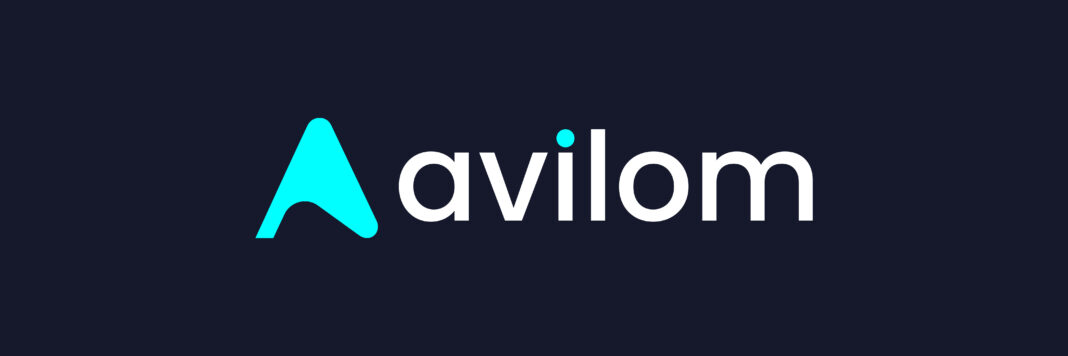As the blockchain landscape matures, privacy, scalability, and trust become not just technical goals but necessities. The rise of AI has introduced a new class of smart applications—from on-chain risk scoring to autonomous trading agents—but these systems often require sensitive data and heavy computation.
This is where Avilom’s zk-AI engine enters the stage.
By combining zero-knowledge cryptography with off-chain AI computation, Avilom unlocks a new class of applications: intelligent, privacy-preserving, and fully verifiable on-chain.
What Is zk-AI?
zk-AI stands for zero-knowledge artificial intelligence. It’s a method where a machine learning model runs off-chain, but produces a cryptographic proof that the computation was done correctly — without revealing the input or output.
Think of it like this:
You’re proving to the blockchain that an AI model processed data, followed the rules, and produced a result — but without showing the actual data or even the full model internals.
This approach enables:
- Private AI inference on personal or sensitive data
- On-chain verification of high-performance models
- Reduced costs, since most AI workloads remain off-chain
Why It Matters
Typical AI-blockchain integrations suffer from one of two problems:
- They rely on centralized oracles to deliver AI outputs (which defeats decentralization), or
- They run AI models entirely on-chain, which is expensive and impractical for anything beyond toy models.
Avilom’s zk-AI engine offers the best of both worlds:
✅ Trustless computation
✅ On-chain proof of correctness
✅ Data and model privacy
How It Works
Here’s a high-level view of the zk-AI pipeline on Avilom:
- Off-Chain Inference:
A developer runs an AI model (e.g., fraud detection, price prediction) off-chain on encrypted or local data. - zk-SNARK Proof Generation:
The result of the model is compiled into a zero-knowledge proof using frameworks like zkML or ZK-NN. - On-Chain Verification:
The proof is submitted to Avilom’s smart contracts. The chain verifies the proof — confirming that the model was executed honestly. - Smart Contract Reaction:
Based on the verified result, smart contracts can trigger actions, such as releasing funds, updating insurance coverage, or scoring risk.
Use Case Examples
🔐 Private DeFi Credit Scoring
Users can apply for loans by submitting zk-proofs of their creditworthiness—without revealing personal financial data.
🎮 Intelligent Game NPCs
On-chain games can verify that AI-driven NPCs behave according to rules, without leaking internal logic.
📊 Enterprise Analytics
Companies can provide zk-proofs of metrics (e.g., emissions data, compliance scores) without exposing full internal datasets.
Supported Frameworks
The Avilom zk-AI engine supports integration with emerging zero-knowledge machine learning toolkits:
Each framework can be adapted to produce proofs consumable by Avilom’s smart contracts.
For Developers
Ready to build?
Check out the official developer documentation to see:
- How to write zk-AI verifier contracts
- How to integrate with Avilom’s SDK
- Performance tips and optimization guides
The zk-AI engine is designed to be modular and upgradeable, ensuring long-term adaptability as zkML tooling evolves.
The Future of AI x Blockchain Privacy
As blockchains increasingly interact with AI-powered systems, trust and privacy will become paramount. With its zk-AI engine, Avilom enables use cases previously thought impossible: intelligent systems that keep data private, yet provably honest.
This is more than an integration. It’s a leap toward trust-minimized, intelligent infrastructure for the next generation of Web3.









